Happinest is fully committed to environmental sustainability, and we have implemented innovative solutions to address some of the pressing challenges faced by conventional poultry farms. Our dedication to the environment is evident through our unique approach to managing bird litter and reducing our energy requirements, all while minimizing our carbon footprint.
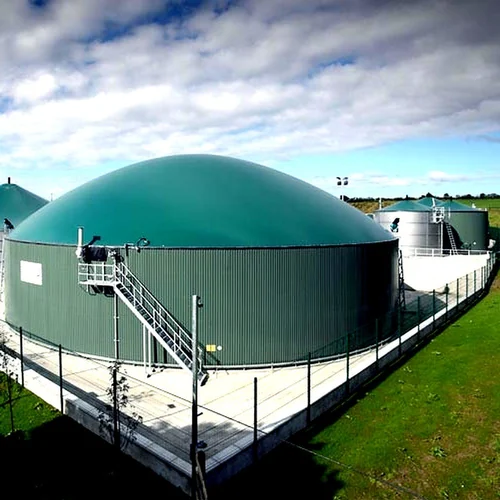
At Happinest, we collect bird litter and process it in our advanced biogas setup. Through a controlled fermentation process, we convert this waste into valuable biogas.
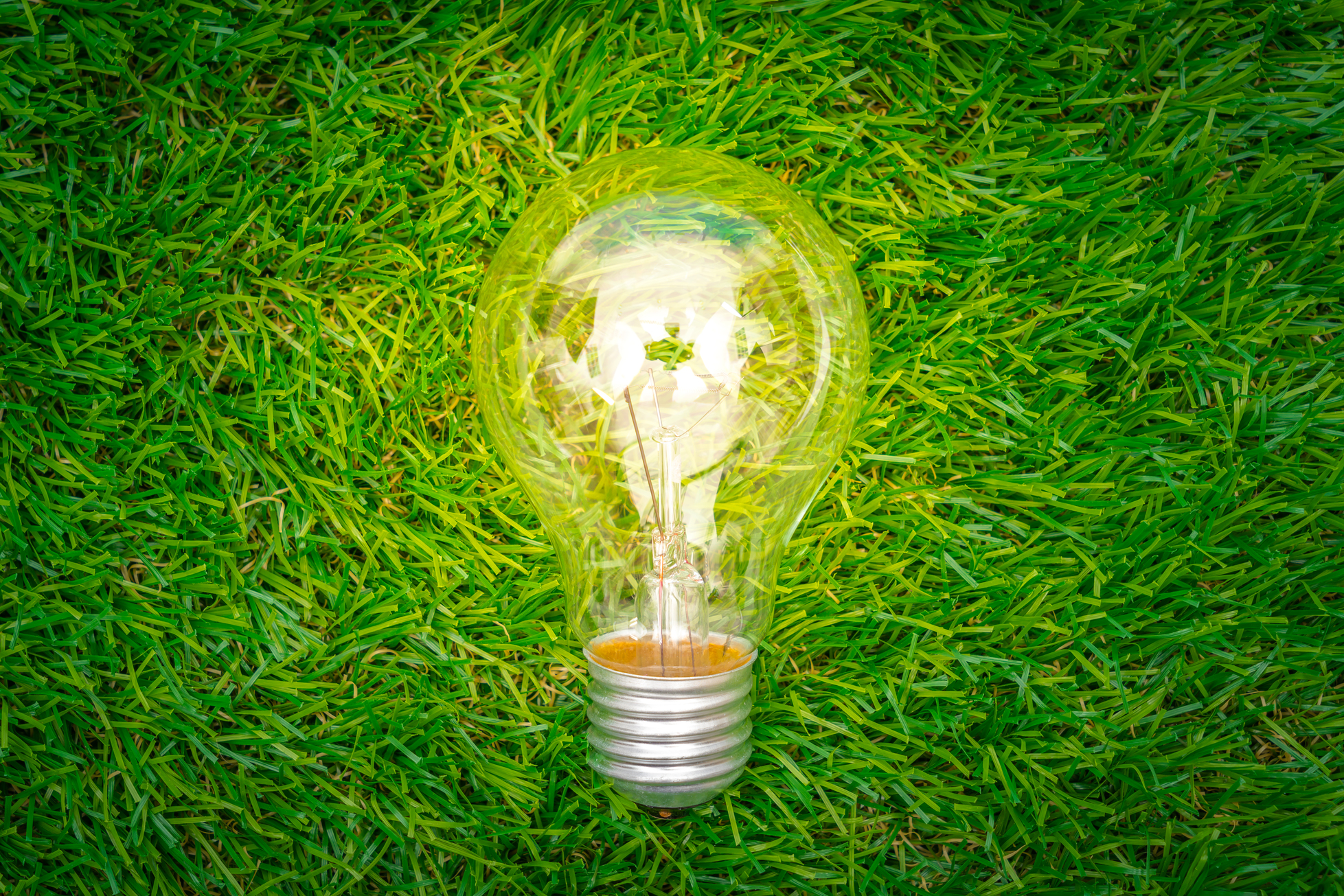
The biogas generated is used to power high-capacity gas generators, which, in turn, supply electricity to our automated environment-controlled sheds. This approach significantly reduces our reliance on electricity from conventional sources, such as coal-fired power plants, helping to reduce greenhouse gas emissions.
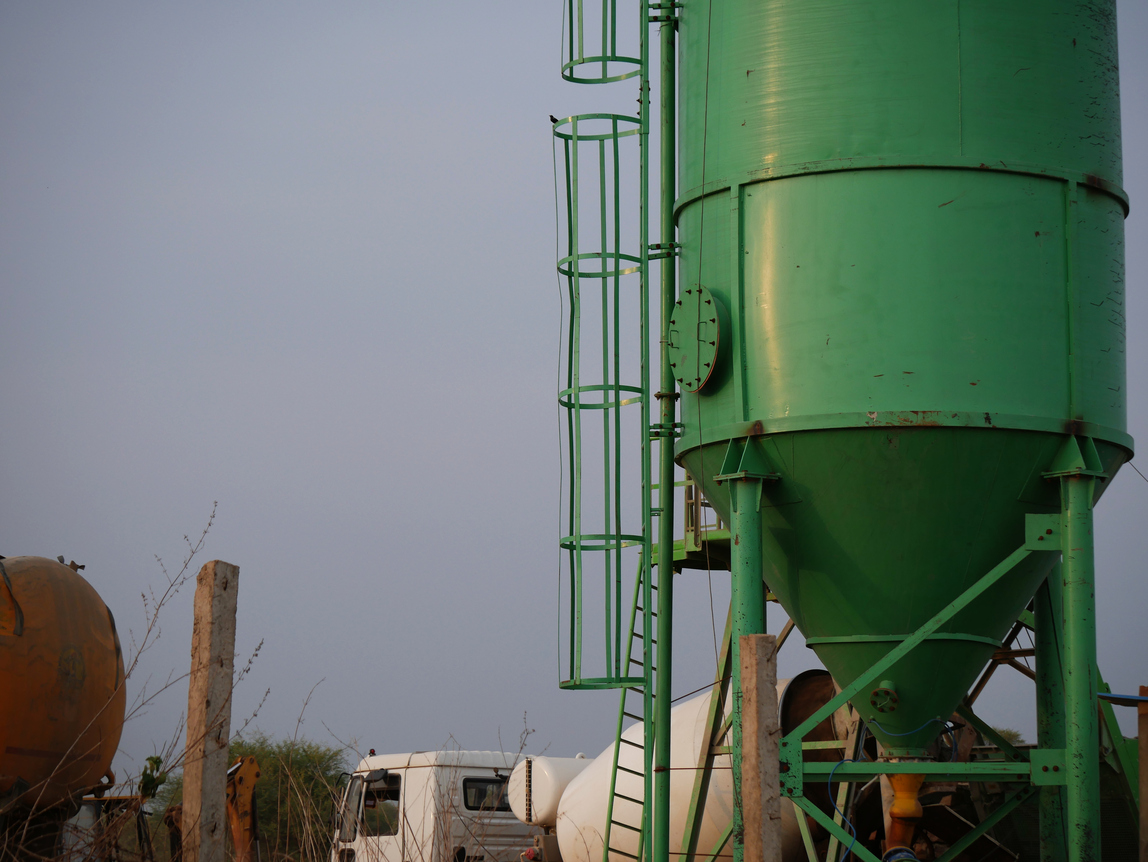
The sedimentation tank in our system filters out inorganic substances, preventing them from corroding the digester tank. This eliminates the need for regular cleaning and extensive maintenance.

We've designed our process to be water-efficient. The water used in the mixing tank is reused after being discharged at the end of the fermentation process. This reduces the volume of water required and minimizes environmental impact.

The residual slurry left after the entire process is transformed into organic manure, which we sell to local farmers. This supports sustainable agricultural practices and reduces the need for chemical fertilizers.
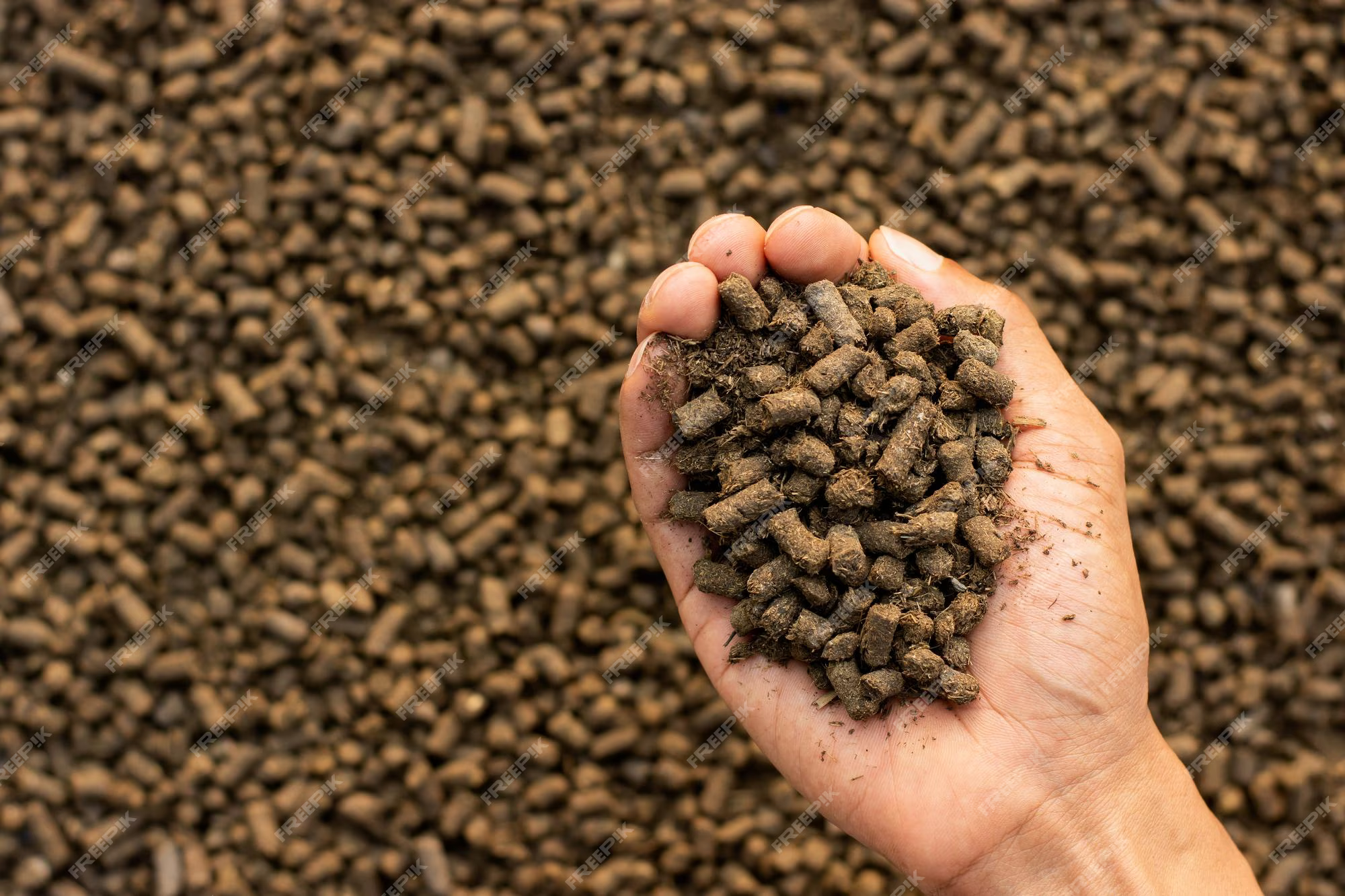
By effectively managing bird litter and converting it into valuable resources, we maintain the hygiene of our farm while establishing a robust waste management system.
Conventional poultry farming faces several challenges, some of which have far-reaching environmental and operational implications. One of the most pressing issues is the management of bird litter and the substantial energy requirements involved in the process.
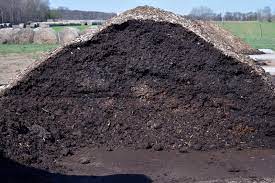
Conventional poultry farms produce a substantial amount of bird litter. Managing this waste has been a persistent challenge for such farms. Bird litter poses several problems:

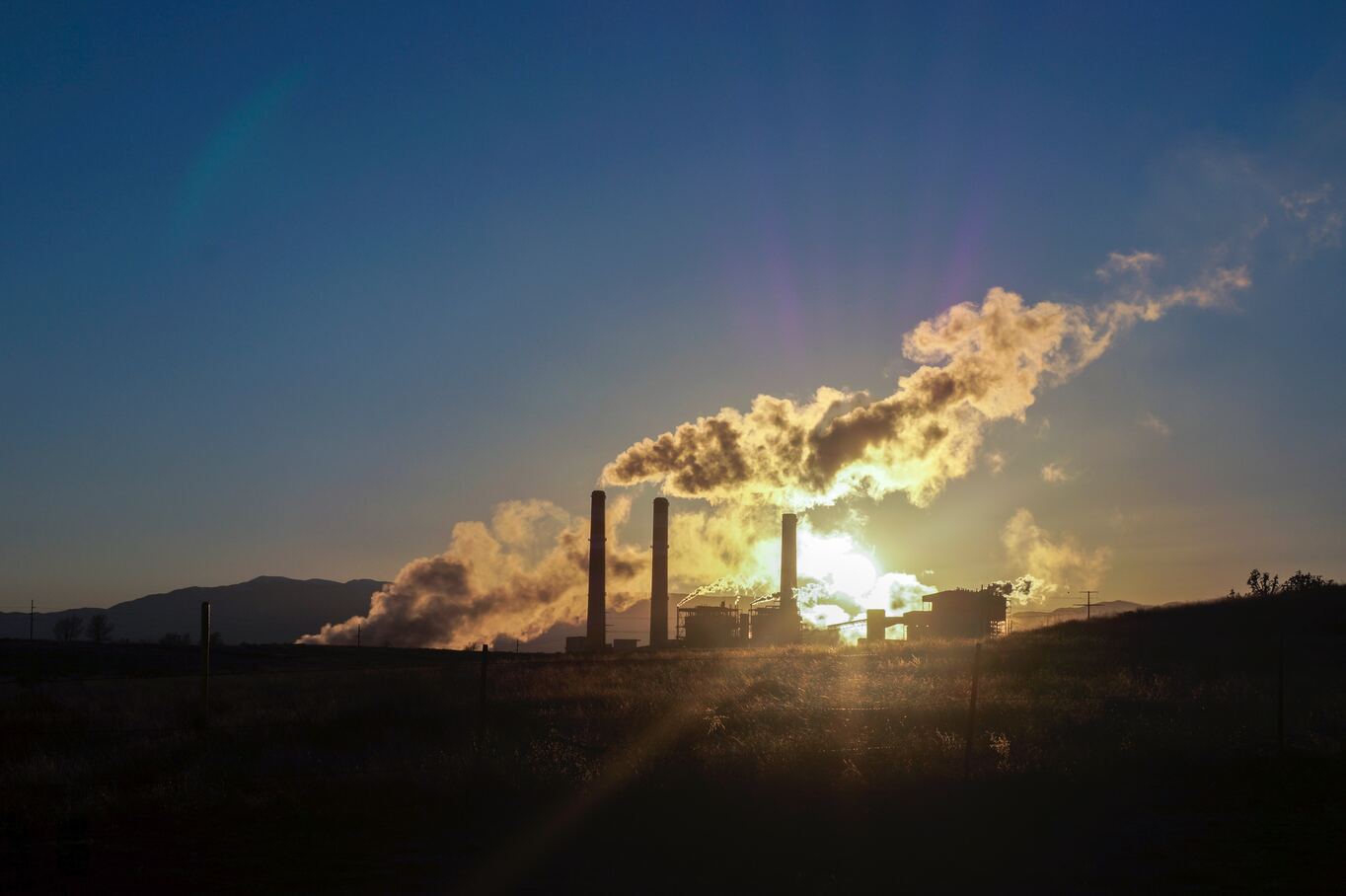
Conventional poultry farms rely heavily on external sources of electricity, often supplied by the state electricity board. This electricity is predominantly generated through the burning of fossil fuels like coal, which not only contributes to greenhouse gas emissions but also poses the following challenges:
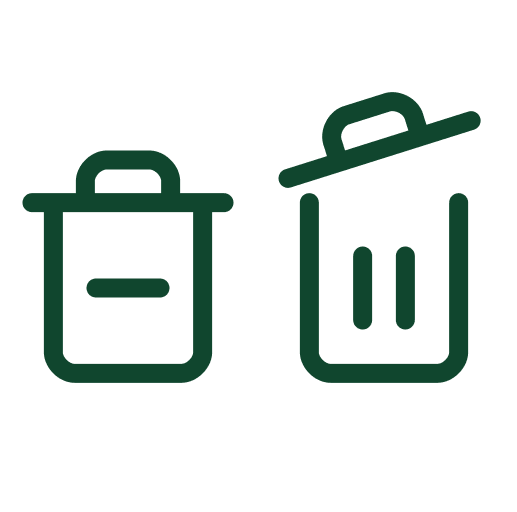
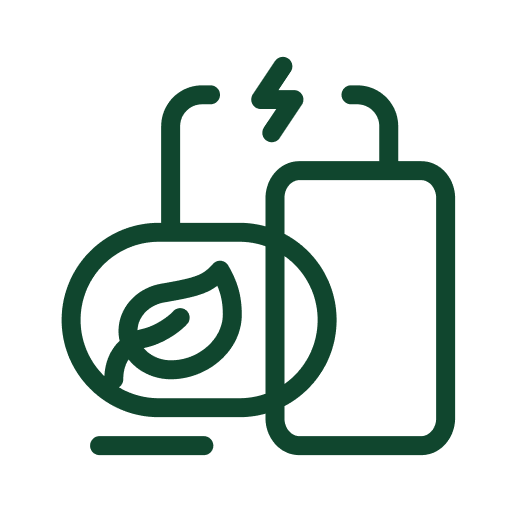





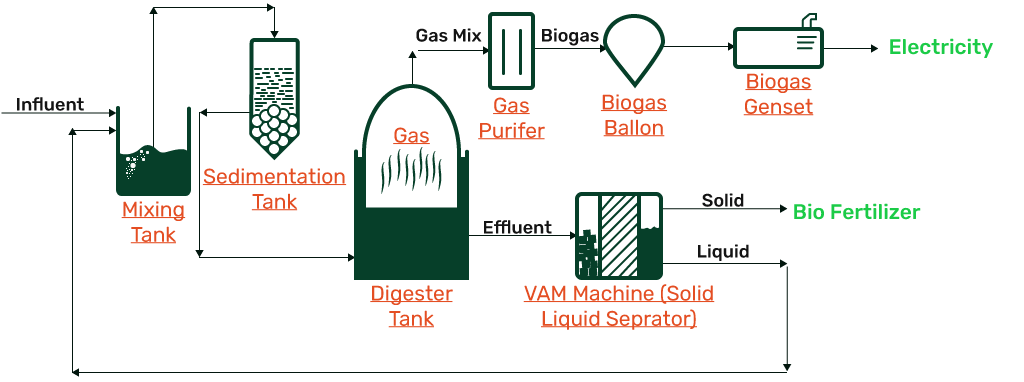
We believe that working together for a greater dream creates purpose.
If you are a vendor and wants to partner with us, register here and our team will reach out to you at the earliest.